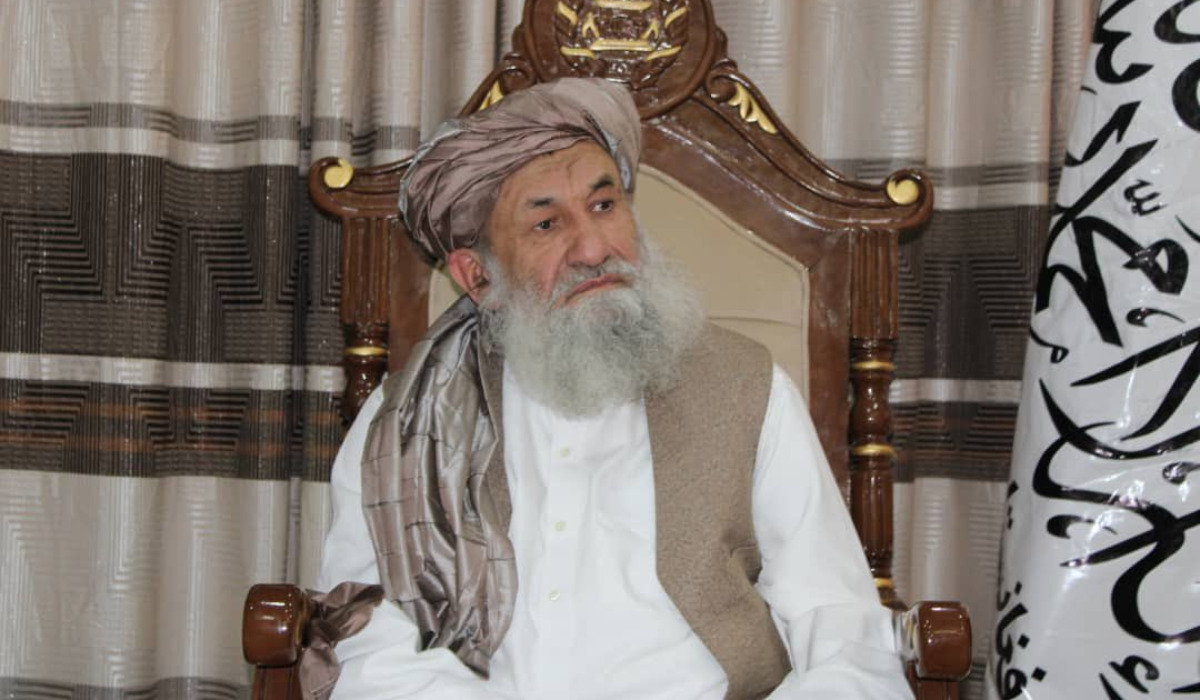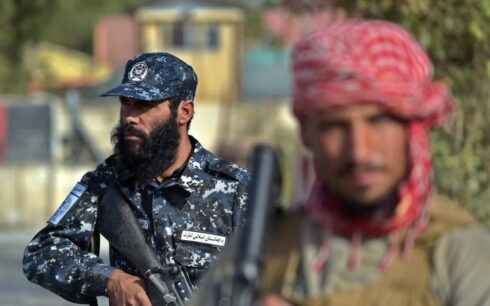KABUL, Afghanistan — While making no mention of human rights as well as the rights of women and girls, Taliban chief minister Hassan Akhund, in an Eid message called for “Islamic brotherhood” among the people and said they should be “grateful” for security in the country.
He brought hajj rituals as a symbol of brotherhood in a while that the Taliban defied to announce Eid on the same day as Saudi Arabia, where hajj rituals are performed.
“During these days, as Muslims gather to perform the Hajj pilgrimage in the Holy Mosques, reflecting an Islamic brotherhood, unity, and sympathy; similarly, all Muslims should revive the examples of brotherhood, sympathy, and unity in their cities, villages, and homes,” Akhund stated.
Despite widespread criticism over the human rights situation, particularly restrictions on women’s and girls’ education and employment, and the ongoing political crisis, Akhund focused on the “security situation” in the country.
This comes amid reports of numerous deadly attacks claimed by Daesh, which have resulted in scores of civilian casualties since the Taliban came to power. According to Afghanistan Security Watch, there were at least 31 security incidents across Afghanistan in May, resulting in 96 deaths and 81 injuries.
Despite these reports, the Taliban’s prime minister highlighted the purported security in the country. “People can travel freely to any part of the country day and night. Our villages and cities are safe from bombings, wars, and tragic incidents. Understanding these conditions, we should be grateful to Allah,” he said.
However, many citizens expressed hope that Taliban officials would prioritize addressing the “real demands” of the people in their messages.
Akhund also urged Taliban ministers to serve the people. Recently, the Taliban issued a decree reducing the salaries of female government employees to around 5,000 Afghanis, sparking strong reactions from female public servants and women’s rights defenders.





